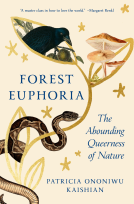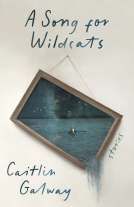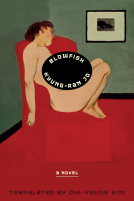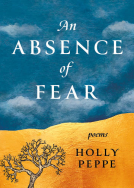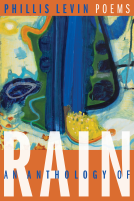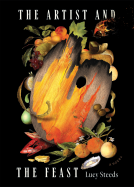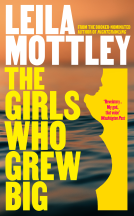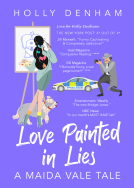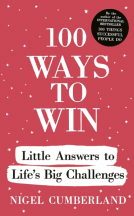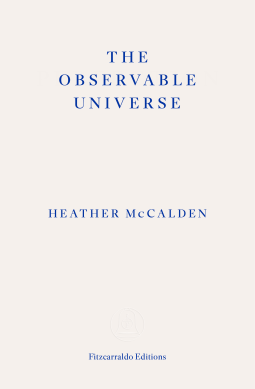
The Observable Universe
by Heather McCalden
This title was previously available on NetGalley and is now archived.
Send NetGalley books directly to your Kindle or Kindle app
1
To read on a Kindle or Kindle app, please add kindle@netgalley.com as an approved email address to receive files in your Amazon account. Click here for step-by-step instructions.
2
Also find your Kindle email address within your Amazon account, and enter it here.
Pub Date Mar 21 2024 | Archive Date Mar 14 2024
Talking about this book? Use #TheObservableUniverse #NetGalley. More hashtag tips!
Description
In the early 1990s, Heather McCalden lost her parents to AIDS. She was seven when her father died; ten when she lost her mother. Los Angeles, where she grew up with her grandmother Nivia, was ‘ground zero’ for the virus and its destruction. Years later, she started researching the history of the HIV virus as a way to deal with her loss, leading her to the realization that AIDS and the internet developed on parallel timelines. By accumulating whatever fragments she could on both – images, anecdotes, and scientific entries – alongside her own family's personal history, McCalden forms a synaptic journey of what happened to her family, one that leads to an equally unexpected discovery about who her parents might have been.
Simultaneously interrogating what it means to ‘go viral’ in an era of explosive biochemical and virtual contagion, The Observable Universe travels along the fissures of a hyperconnected world, entwining the technological and the personal, the virus and the viral, moving from musings on Raymond Chandler and film noir to contemporary malaise and late-night Netflix binges with propulsive agility and poetic attunement. At once a history of ‘viral culture,’ an ode to L.A., and a memoir of loss and reckoning, The Observable Universe is a genre-bending debut about grief in the internet age.
For fans of Trick Mirror by Jia Tolentino, The Two Kinds of Decay by Sarah Manguso, and On Immunity by Eula Biss
Advance Praise
‘Part meditation on loss, AIDS, and viral transmission, part howl of grief and fury, The Observable Universe spells out better than anything else I’ve read the transformative power of the internet. It felt like Maggie Nelson’s The Red Parts meets Jia Tolentino’s Trick Mirror, and is easily the equal of both.’
— Gavin Francis, author of Adventures in Human Being
Available Editions
| EDITION | Paperback |
| ISBN | 9781804270141 |
| PRICE | £14.99 (GBP) |
| PAGES | 424 |
Available on NetGalley
Featured Reviews
Earlier this year, I made my way through Sarah Schulman's monolithic 'Let The Record Show', and I found this book to exist perhaps on the other side of that coin. Rather than large swathes of (occasionally impenetrable) historical record, McCalden employs a more freeform, floating prose, that engages with the complexity of the subject matter in a way which reflects its own mercurial nature.
 Kristiana R, Reviewer
Kristiana R, Reviewer
The Observable Universe by Heather McCalden is unlike anything I've ever read before, even when I have experience reading fragmentary memoirs, because the scope of McCalden's recall and writing is vast and unique.
Through an exploration of childhood, present day, memory, the advent of the World Wide Web, and researching the AIDs crisis in the 80s and early 90s, McCalden recreates a world in which she has grown up and lived. A world that in many ways has been unforgiving. In building this universe for us, McCalden transitions between academic writing and personal essays, quotations, and short statements. For many, this style will be too fragmentary or disjointed, but for me it was the perfect reflection of how we consume, understand and attempt to process our experiences, both those in and out of our control.
Most importantly, McCalden's work is a work about grief, as she mentions herself in the book. All of the above interweaves to leave a person at the centre who wishes she knew her parents better before they died, who wishes she cherished her maternal grandmother more than perhaps she did, and who wishes all of the advancements in our society meant growing up and living with grief was easier.
And so, if you enjoy memoirs that are more abstract/fragmentary, you'll love The Observable Universe. It truly is one of a kind.
